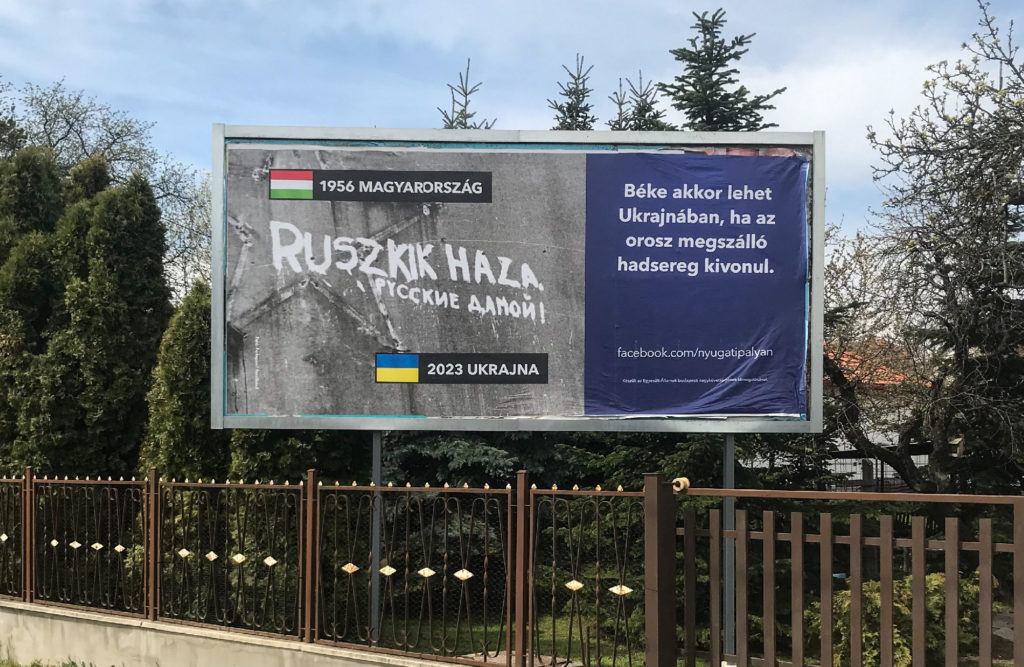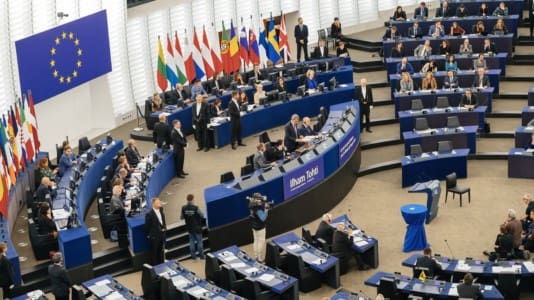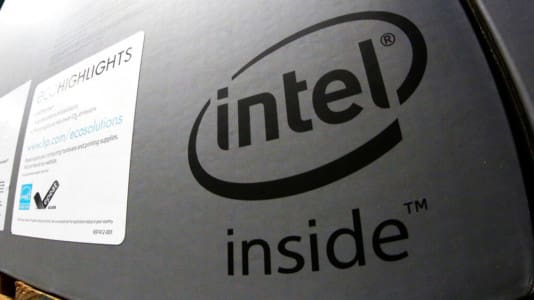For the United States to use the 1956 symbol of the Hungarian uprising as a poster propaganda campaign for its proxy war against Russia is as insulting to us as if we Hungarians were to depict their national symbol, the American eagle, in underpants with a sickle and hammer in its claws.
America is the grand master of lying propaganda and false promises — the greatest at showing disrespect for other nations. It has a rich history of this. Even during World War I, every possible means was used at the government level to influence the population. During this period, an intensive propaganda campaign was waged to reshape public opinion in the country to justify going to war and emphasize the sense of mission. Nothing new under the sun, and today is no different.
As early as the autumn of 2022, Croatian President Zoran Milanovic openly declared that there was a proxy war between America and Russia in Ukraine and that it was time for the United States and the West to stop lying about it.
Now, the United States, with its financial support through its embassy in Budapest, has, as a foreign ideological invader, started a poster invasion on our own territory of the Hungarian government’s pro-peace stance. The posters draw a parallel between the situation in Hungary in 1956 and the current situation in Ukraine. They use the iconic graffiti of the time, which has become our national symbol: “Russkies home!” The U.S. government, which is interested in the escalation of the war and openly opposes peace negotiations, is using every means at its disposal to influence the Hungarian population in our own country.
It does so without, on the one hand, having the faintest idea of the unique, world-famous singularity of the events of 1956 and, on the other, being morally incapable of appreciating that it was not only a question of the independence of a nation, but also of the liberation of souls.
However, let us not forget: Had the United States and the West recognized back in 1956 the Imre Nagy government, and if the U.S. administration had not sent messages to the Soviet Union, the Soviets would have withdrawn for good, and we would have won. However, we know that this is not what happened, we were betrayed and sold out.
The situation today is more complicated than it was during the fight against communism. Back then, the statements, “They do not look at us favorably” and “They do not consider us a potential ally,” were a dagger wound in the body of a Hungarian nation that was already bleeding from many wounds, but we survived. America may have stolen our freedom, but at least it did not attack us.
Now, as an ally, the ruling Democratic government in Washington is launching a campaign on our home soil against the Hungarian government’s position of seeking an immediate ceasefire and peace. Really, why do we need an enemy when we have such allies? Just because the allied United States of America has entered the Russian-Ukrainian conflict as a death broker does not make their proposition of joining their effort






